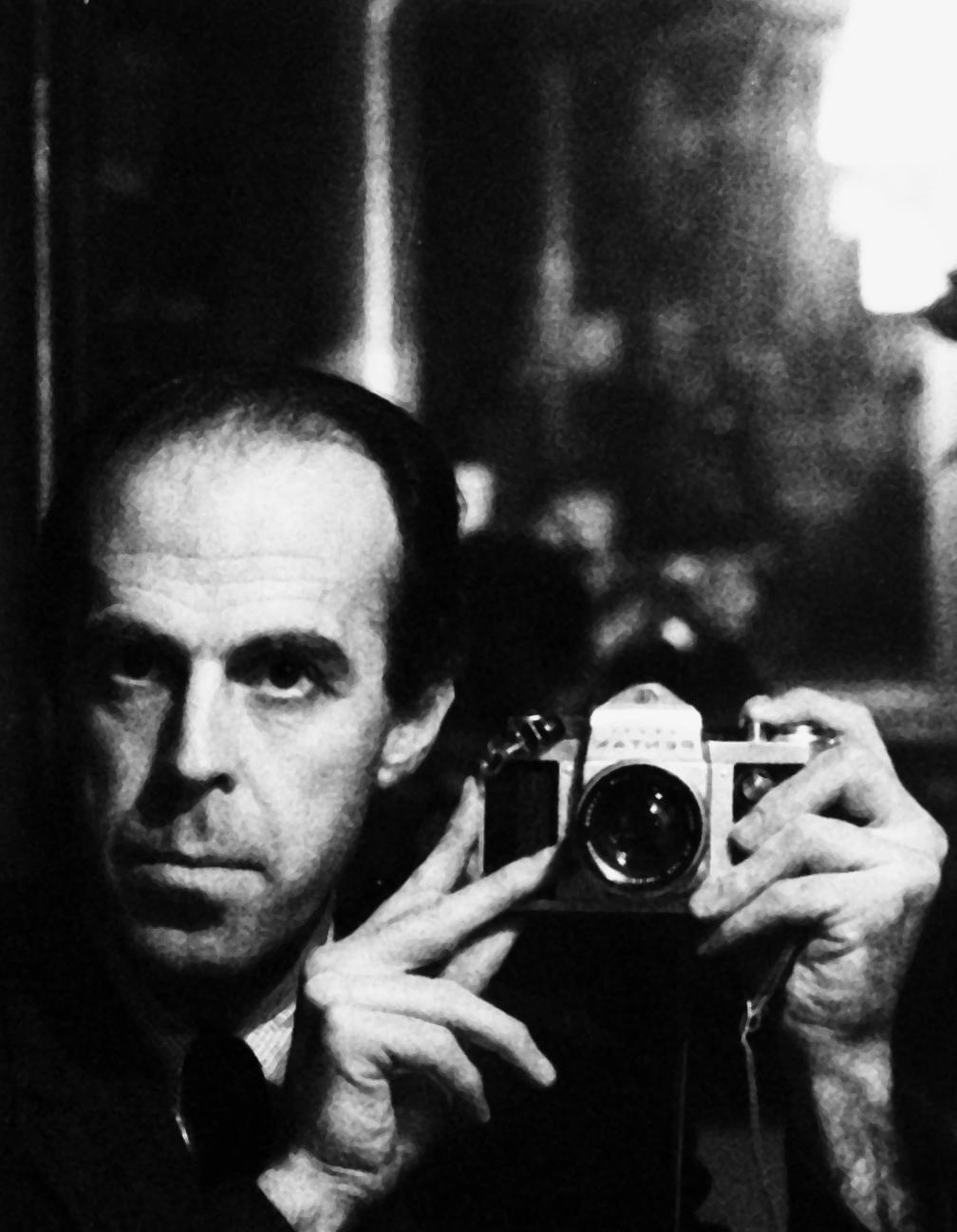BROWN
Special Events
for Violoncello and Piano
Score


for Violoncello and Piano
Score

N.B.: accidentals apply only to the note before which they stand
Cello
Piano
Earle Brown (1926–2002)
(slow to moderate tempo, not fast) slide finger (muted) back and forth from “nut” / and \
This version of Special Events includes additions and changes made by Earle Brown in rehearsals with Dorothea von Albrecht and Christine Olbrich prior to the premiere of the work on February 6th, 1999, at the Theaterhaus Stuttgart, Germany, during the ECLAT contemporary music festival.
continue previous as long as it feels right.
erratic, interrupted –improvise rhythm and syncs.
(free rhythm) mostly very fast pont.
Balance p
(independent surge), but return to acoustic balance continue–non sync. overlaps (spontaneous) also play in reverse finally-unis. sync. but not exact
variation (non legato)
(independent surge), but return to acoustic balance continue–non sync. overlaps (spontaneous) also play in reverse finally-unis. sync. but not exact

behind bridge mf
4-note strum ]> random notes, rhythmic “conversation” with pno.
open hand clusters* fast
*vary spacing of fingers; result is random 5-note chords
very fast pizz.+arco - invent rhythm
very fast
arco (no sync. with pno.)
invent rhythm e > very legato, lyrical
(no sync. with vc.)
(even sul pont. (extreme) legato)

Balance p
variation (non legato) (independent surge) but, return to acoustic balance finally–unis. sync. but not exact
continue–non sync. overlaps (spontaneous) also play in reverse
fff
(independent surge) but, return to acoustic balance finally–unis. sync. but not exact continue–non sync. overlaps (spontaneous) also play in reverse
pizz.
N.B.: This page and the succeeding page are to be played simultaneously, or soloistically, in counterpoint, superimposition, or conversationally. Basically quickly and lightly solos, duets, quick exchanges abrupt silences and bursts. f choose segments*; reconfigure, repeat, omit figures ad lib. sul pont.
*Segments are all notes between the
N.B.: This page and the preceeding page are to be played simultaneously, or soloistically, in counterpoint, superimposition, or conversationally. Basically quickly and lightly solos, duets, quick exchanges abrupt silences and bursts. choose segments*; reconfigure, repeat, omit figures ad lib.
*Segments are all notes between the commas and/or pauses.
duration approx. 2'*
maximum timbral variation short duration (micro )
choose pitch in consultation with pianist pizz., batt., arco: pont., nat., tasto, harm. pizz. harm.
maximum timbral variation short duration
choose pitch in consultation with cellist
mute, pizz., slide, harm. hold sost. and strum.
Piano must use same note as best for cello, however, it must be a long string or strings that are not interfered with by piano metal structure.
(even - full sul pont. (extreme) legato)

Earle Brown was born in 1926 in Lunenburg, Massachusetts, and in spirit remained a New Englander throughout his life. A major force in contemporary music and a leading composer of the American avantgarde since the 1950s, he was associated with the experimental composers John Cage, Morton Feldman and Christian Wolff, who – together with Brown – came to be known as members of the New York School. Brown died in 2002 at his home in Rye, New York.
Earle Brown wurde 1926 in Lunenburg, Massachusetts, geboren und blieb im Geist ein Leben lang Neuengländer. Ab den 1950er Jahren war er eine treibende Kraft in der zeitgenössischen Musik und einer der führenden Komponisten der amerikanischen Avantgarde. Enge Verbindung unterhielt er zu den experimentellen Komponisten John Cage, Morton Feldman und Christian Wolff, mit denen gemeinsam er später der sogenannten New York School zugerechnet wurde. Brown starb 2002 in seinem Haus in Rye, New York.